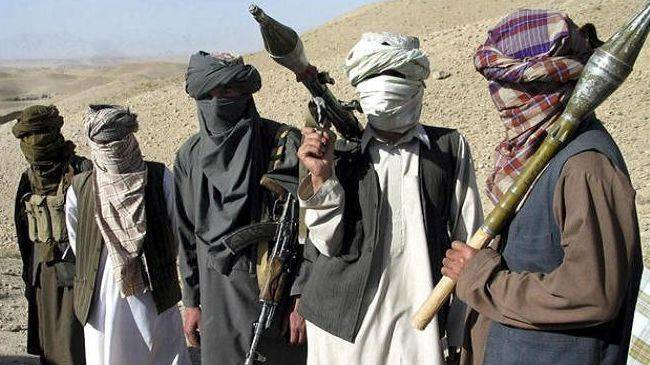After several false dawns and numerous hiccups, the Afghan-Taliban peace process is finally back on track, at least as far as the resumption of talks are concerned. Once more Pakistan has served as the facilitator between the Afghan government and the TTP, with the Foreign Office spokesperson emphasising Pakistan’s commitment to an “Afghan-led and Afghan-owned peace and reconciliation process”.
Ironically the process has been anything but Afghan-led. Pakistani military authorities remain in the driving seat of these negotiations; their contacts in the TTP served as the initial couriers, their influence brought the militants to the table and their efforts has kept them there – even this meeting was held in the pristine hills of Murree, a short drive away from the Pakistani capital. Apart from the Afghani president, Ashraf Ghani, and the select few in his government, no one is sincerely interested in negotiating with the Taliban; especially if Pakistan is acting as the linchpin.
Despite a marked improvement in bilateral relations, Pakistan is still viewed with suspicion in Afghanistan – a legacy of the Karzai regime – and politicians are quick to exploit that. The landmark agreement between ISI and its Afghani counterpart, NDS is already under fire in Kabul, ostensibly due to suspicion over Pakistan’s role. Pakistan may claim that it does not differentiate between good and bad Taliban but its actions demonstrate that “good” Taliban exist – at least good enough to participate in a peace dialogue at the military’s behest. While Pakistan may be the only arbiter that can bring both the Afghan government and the Taliban to the table, its inclusion in the process gives ample ammunition to it its critics and conspiracy theorists. Perhaps it’s time for the Afghan peace process to be truly ‘Afghan-owned’; the meetings should be held in Bamiyan rather than Nathia Gali.
The process itself is fraught with difficulties, the Taliban have several demands that are pre-requisites for their cooperation; the foremost being the departure of all foreign forces. It is hard to see Afghanistan accepting this. In fact it has asked requested the U.S Congress for additional troops. It seems Ashraf Ghani is certain that dialogue is the way forward but he is uncertain about the parameters of this dialogue. Where will he compromise and where will he not? Despite these problems, this meeting did end with an air of optimism not found in previous meetings. The Taliban representatives were fully authorised to make deals, they expressed willingness to compromise on key subjects such as women rights and the legal system, and the meetings were attended by Chinese and U.S officials. This may not be as major a breakthrough as it is made out to be, but it certainly is a concentrated attempt at a breakthrough.






